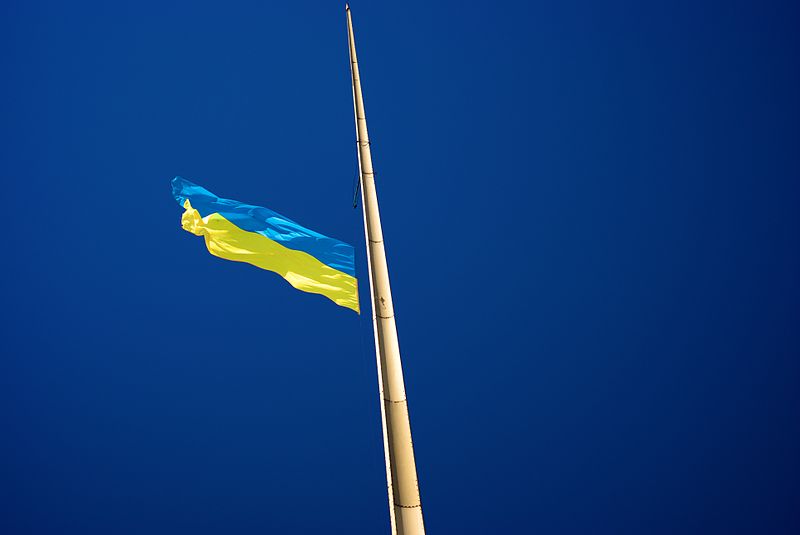
By Joshua Noonan
From 1 March 2014 Russian troops have been occupying the Crimean Peninsula in Ukraine. The immediate driver for the continuation of this action was the alleged request by now former President Yanukovych of Ukraine in order to secure law and order in Ukraine which was displayed at the United Nation’s Security Council meeting on 3 March.
The deeper driver was the Euro Maidan (square) Protests which were protesting now former President Yanukovych’s decision to take the financial and natural gas assistance from the Russian Federation in lieu of penning a deep and comprehensive agreement with the European Union. These protests took place from 30 November when Ukrainian police bloodily attempted to repress a student protest on Independence Maidan. This protest continued under the harassment of pro-government provocateurs and riot police until its culmination in clashes in 20 February with the fleeing of former President Yanukovych from Kiev the following day.
While the Olympics were happening in Sochi, Russia, a city 933.2 miles from Kiev, events on the Maidan were transpiring. It is speculated that these events shook President Putin as from 22-28th February various Russian liberals were placed under house-arrest while others were detained. The Russian government feared that the Euro Maidan contagion would spread to Russia. It was exacerbated by the Kremlin’s fear since the Ukrainian Orange Revolution and the Georgian Rose Revolution in 2003 in which western actors loomed large in the minds of the Russian leadership. These popular protests and revolts were seen by the Kremlin as driven by a hidden western hand in an effort to undermine Moscow’s influence in its “near abroad”.
Moreover, as President Putin’s project of the Eurasian Customs Union is planned to start in May 2014, the irrecoverable loss of Ukraine to the Customs Union would signal its diminution and irrelevance. The action in Ukraine can be seen through this prism, as a continuation of internally linked politics in the Russian “near-abroad”. Russian interests also include the predominantly Russian-speaking Donbass region, not only Crimea. The place of Ukraine is in Europe. Its borders were guaranteed in the Helsinki Final Act in 1975 and reconfirmed in the Budapest Memorandum by the United States, the United Kingdom, and the Russian Federation in 1994. Nevertheless, red lines have been crossed including the surrounding of Ukrainian bases, the passage of bills of annexation by the Russian Duma, and the deployment of forces along the borders in Eastern Ukraine.
Currently, the Western response has been uncoordinated and weak. While the Group of Eight meeting in Sochi to take place in June 2014 has been scuppered by the G-7 states, this is an ineffectual and nearly empty action. The West led by the United States and the European Union must react in a forceful way by doubling down in Ukraine. It must support the upcoming 25 May Ukrainian presidential elections, while ensuring the de jure protection of the Russian language as well as other minority speakers. The west must deploy funds through the IFIs namely the European Bank for Reconstruction and Development, World Bank, and the IMF while the United States supports Ukraine directly through USAID. Continued people-to-people exchanges must be increased in the form of the FLEX and UGRAD programs for Ukrainian high schoolers and undergraduates to study in the United States while Peace Corps must deepen its presence throughout Ukraine. The NATO Partnership for Peace can be used to bolster defense training, equipping, and as a bridgehead for the deepening of Euro-Atlantic structures.
Finally, the deployment of NATO naval forces in the Black Sea and the execution of drills in Eastern European NATO-member states must be done soon in order to reassure our allies while demonstrating our resolve to the Russian Federation. Russian aggression and revanchist intentions should be strongly refuted. Any diminution of the Helsinki Final Act or the Budapest Memorandum threatens the current order in Europe and is key to the condition of peace and development in this vital region. The Western alliance must stand for itself by standing with the government of Ukraine, the rule of law, and the principles of the international system – now is not the time for half-measures.




